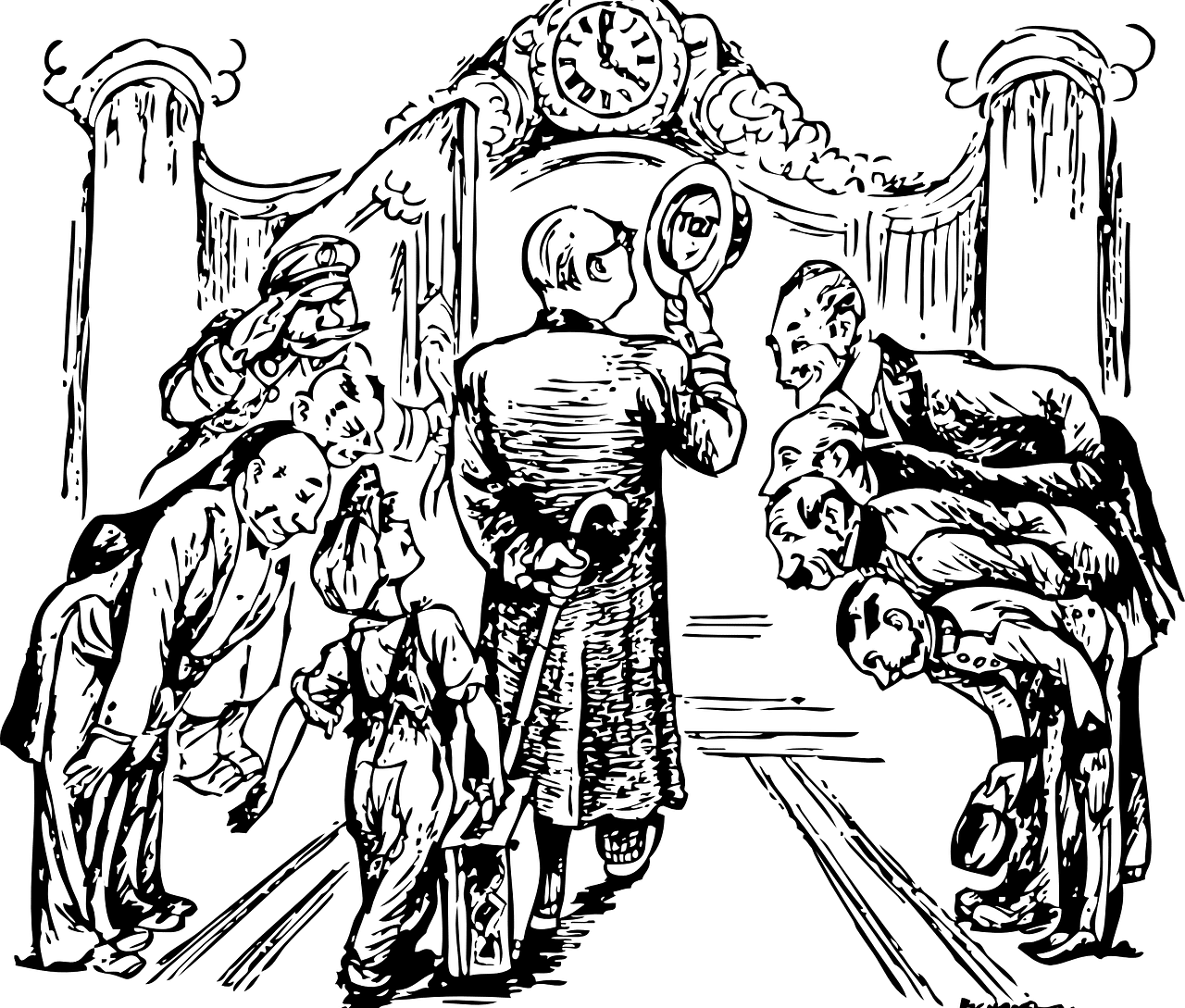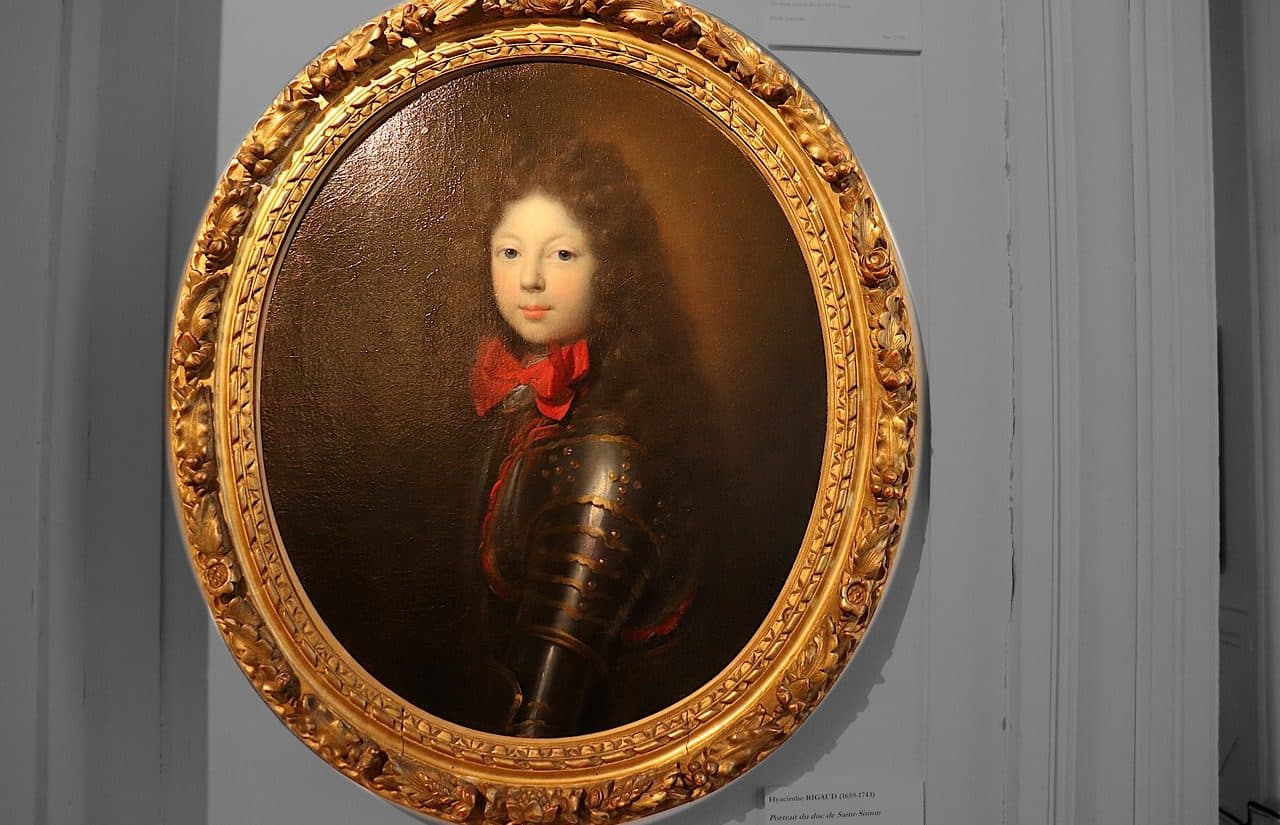
The aristocracy is the class that has the political and economic power of a territory.
Aristocracy is the form of government that is based on the exercise of power by the most qualified , according to the first meaning of the term offered by the Royal Spanish Academy ( RAE ).
The concept comes from the Latin aristocratia , although its etymological origin is found in the Greek language ( aristokratía ). Specifically, this Greek word is the result of the sum of two clearly differentiated parts:
- Aristoi , which can be translated as “the best” and which was used by the Mycenaeans or nobles who held power in the government of the polis during the period between the 8th and 6th centuries BC. C. They used it to define themselves.
- The noun kratia , which is equivalent to “government” .
Concept of aristocracy
That meaning that emerged in ancient times was changing. Currently, aristocracy is understood to be the class that holds the economic and political power of a territory. This power is hereditary and is always preserved by the same group.
The aristocracy is usually linked to the nobility . In Europe , barons, counts, princes and kings are aristocrats: they belong to a wealthy class that has had political power for centuries. No citizen can be elected “king” by the rest of the inhabitants: only those who belong to the noble family of the ruling aristocracy can access said investiture , and following certain internal mechanisms.

The nobles make up the aristocracy.
Types of nobility
In this case it must be established that there are two different types of nobility:
- Nobility of blood , which is considered lineage ; that is, what is inherited and passed from one generation to another. You can also know those who have it as noblemen.
- The nobility of privilege , which the king granted to those who had contributed to the maintenance of his kingdom through different ways. It was his way of thanking them for the support, support and help provided.
Specifically, members of the nobility had a noble title. Today in Spain, among the titles of this type are the greatness of Spain, the marquisate, the duchy, the viscounty, the county, the lordship and the barony.
In the same way, we can highlight that in that country the most important ducal houses that hold almost 200 ducats are those of Alba , Borbón , Peñaranda , Fernán Núñez , Medina Sidonia , Osuna and that of Medinacelli, among others.
Aristocracy in democracy
In a democracy , however, there is also aristocracy. Beyond the representatives of the people who govern by popular vote, there is a class that wields symbolic power , generally associated with family wealth. These are individuals capable of influencing the rulers through different pressures (for example, threatening not to invest in the country).
It is possible that the aristocracy is associated with a certain economic sector. In Russia , to cite one case, oil exploitation led to the emergence of a new aristocracy, made up of billionaires who became rich from this business .
